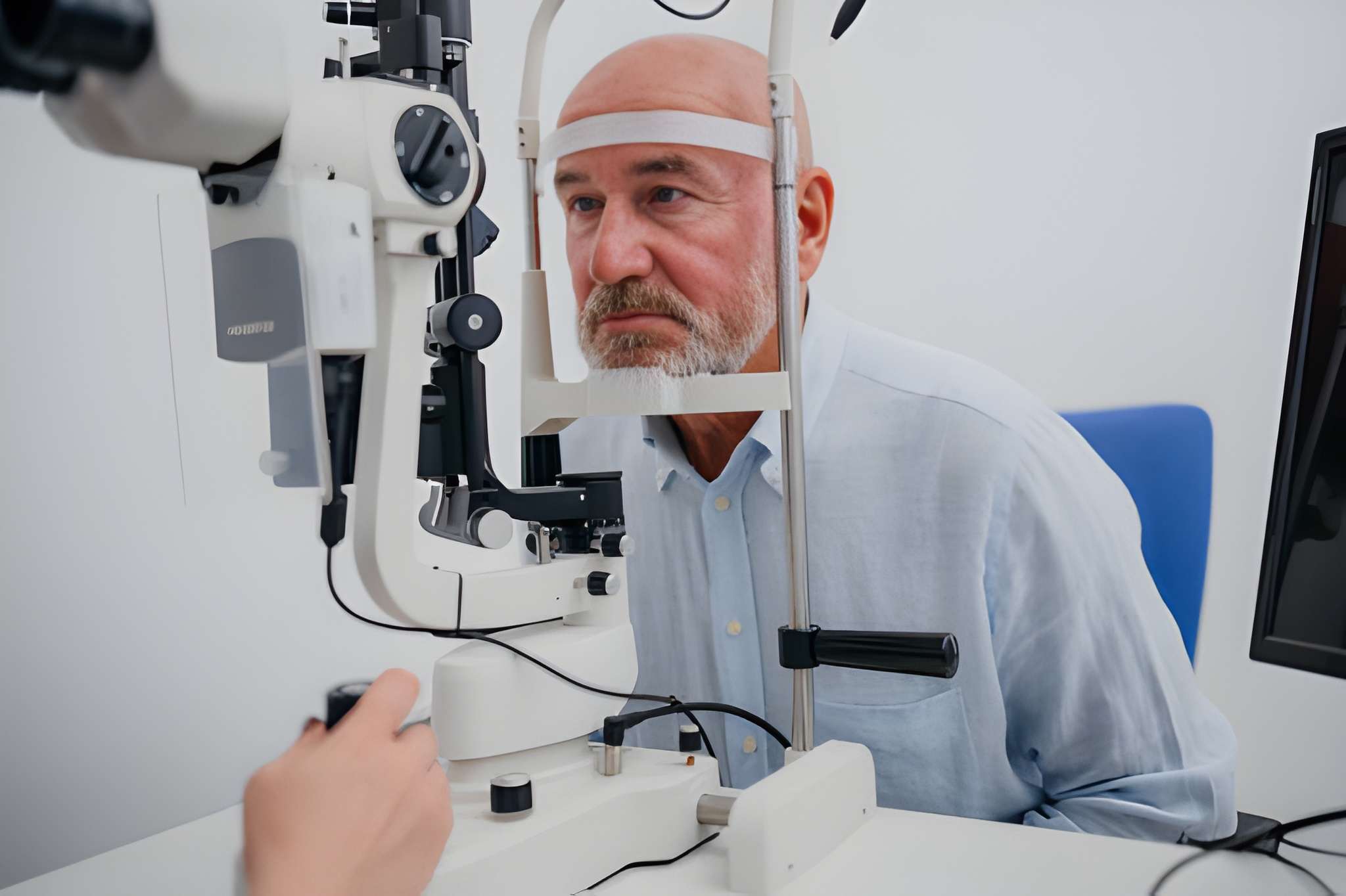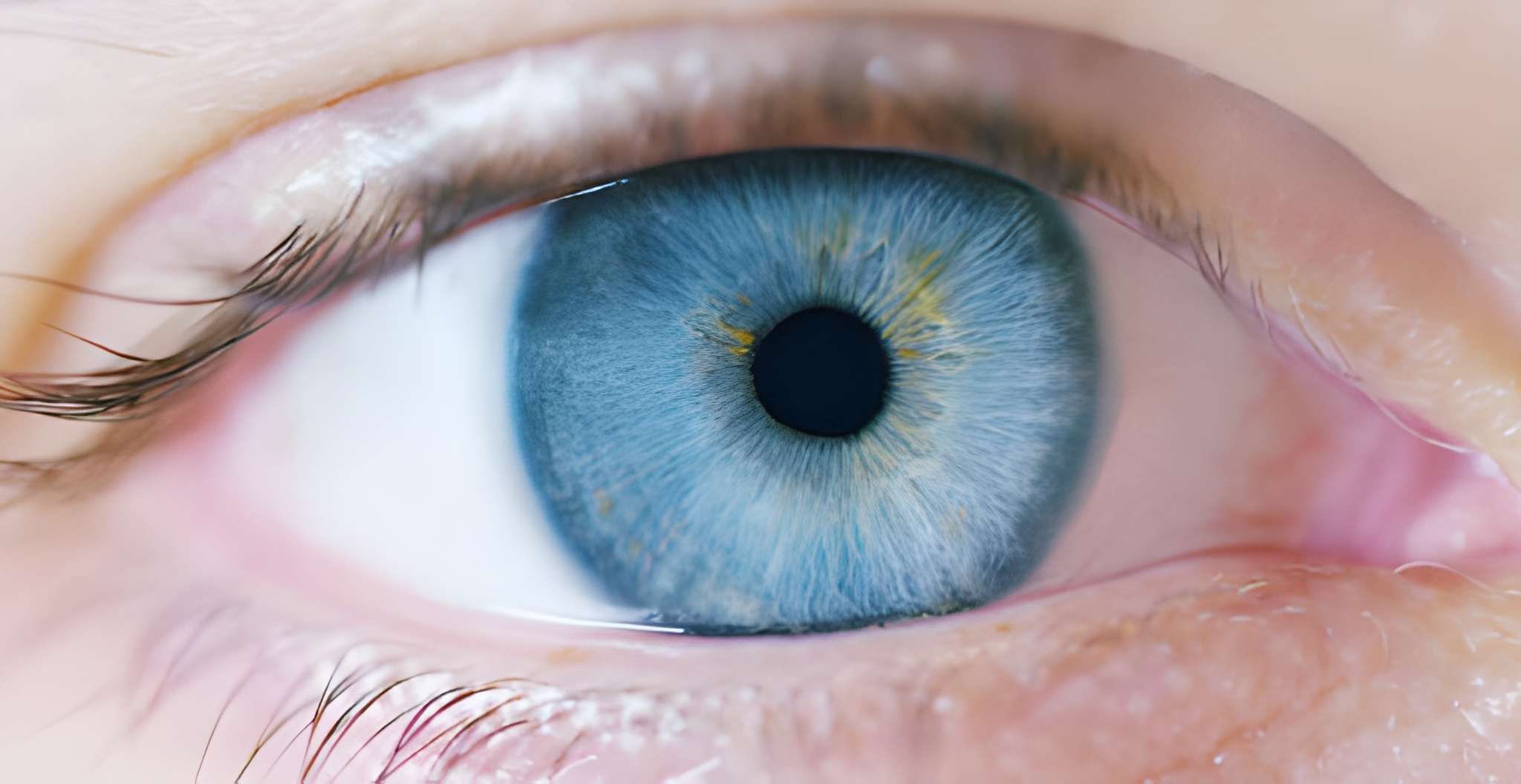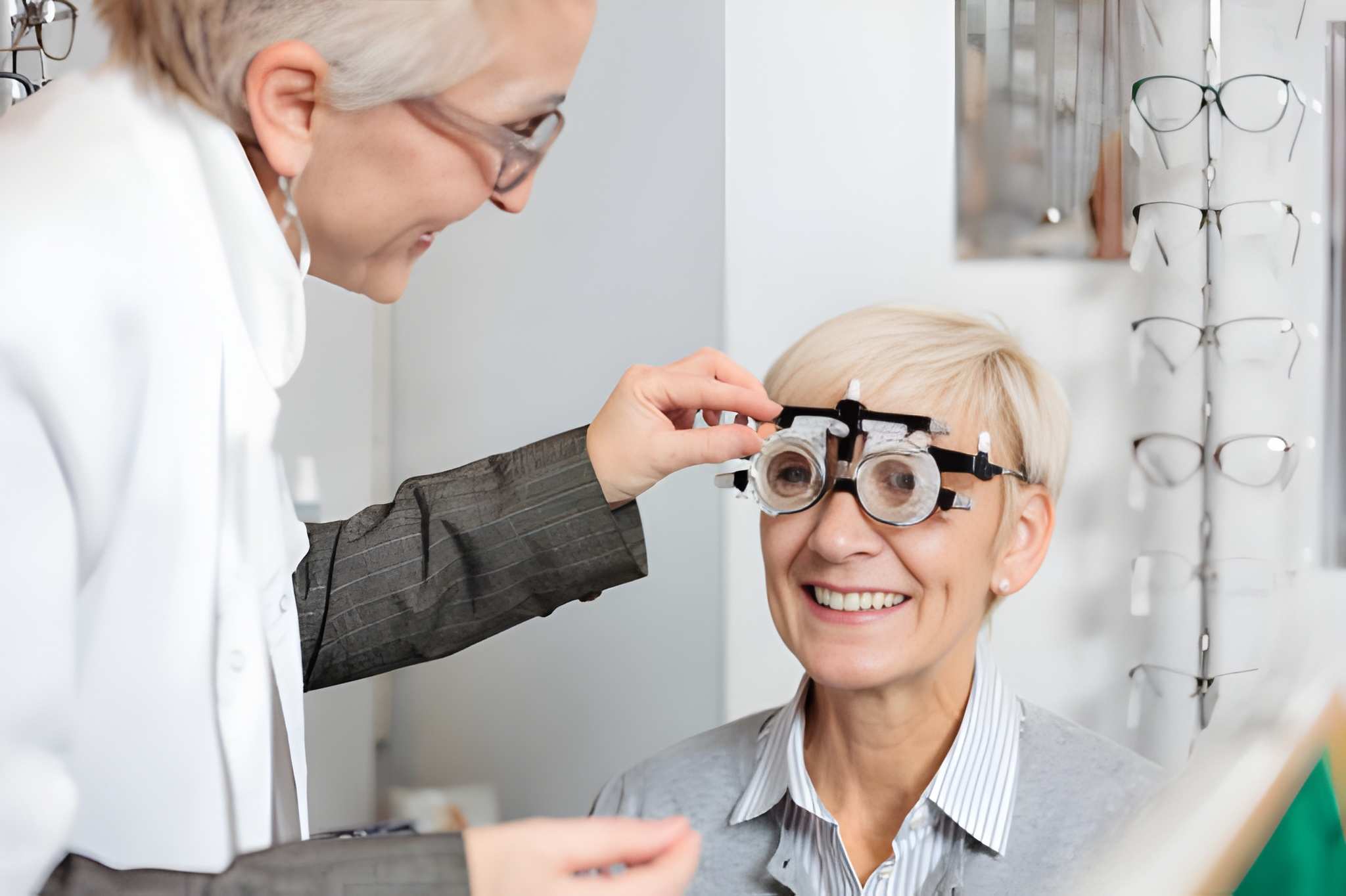Have you ever woken up with red or itchy eyes that worsen as the day continues? If so, this condition can happen because of pink eye. Pink eyes can strike unexpectedly and cause discomfort in the eyes.
Many think about what causes this irritating condition and how to prevent it. Don’t worry, in this blog post, we’ll explain the main causes and help you protect yourself and your loved ones.
What Is Pink Eye? An Overview
Pink eye is also called conjunctivitis. The condition refers to the inflammation of the conjunctiva which is the thin layer covering the white of the eye and inner eyelid. When small blood vessels in the conjunctiva swell, it causes redness and irritation and makes the eyes appear pink.
Pink eye can be highly contagious and uncomfortable but it rarely affects vision.
Symptoms of Pink Eye
Some of the common signs include:
- Redness.
- Swelling.
- Irritation.
- Excessive tearing.
- Sometimes a sticky discharge.
Always consult a doctor for severe or persistent symptoms. By following good hygiene routine and having timely treatment can cure it and prevent the infection from spreading.
Causes of Pink Eye: A Closer Look
Pink eye has several causes, ranging from infectious agents to environmental irritants. Learning the causes can help you identify symptoms and get the right care on time.
Viral Causes of Pink Eye
Viral conjunctivitis is one of the most common and contagious types. It often occurs alongside colds or respiratory infections. Viruses such as adenoviruses are recurring culprits.
- Cause: Exposure to infected respiratory droplets or direct contact with an infected person’s eye secretions.
- Occurrence: Outbreaks can happen in schools or workplaces. Signs include watery discharge and sensitivity to light.
- Contagion Level: Highly contagious, spreading through hand-to-eye contact or contaminated objects.
To avoid viral pink eye, focus on good hygiene and avoid touching your face unnecessarily.
Bacterial Causes of Pink Eye
Bacterial conjunctivitis is also highly contagious but it is less common than viral forms. It’s more commonly seen in children, especially newborns. Also, it is often linked to ear infections.
- Cause: Specific bacteria, such as Staphylococcus or Streptococcus, infect the eye.
- Occurrence: It’s more prevalent in colder months, from December to April. Its signs are thick, yellow-green discharge and crusting around the eyes.
- Contagion Level: Easily spreads in group settings like nurseries or dormitories.
Quick treatment with prescribed antibiotics can reduce infection and prevent further spread.
Allergic Causes of Pink Eye
Allergic conjunctivitis is not contagious. It’s triggered by allergens like pollen, dust mites, or pet dander. People with hay fever, asthma, or eczema are more prone to this type.
- Cause: The body’s immune response to allergens. Triggers include seasonal pollen or year-round irritants like mould or animal hair.
- Occurrence: The condition can worsen during high pollen seasons or after exposure to indoor allergens.
- Contagion Level: Non-contagious but recurring for people with chronic allergies.
Relief often comes from antihistamines, eye drops, and minimising allergen exposure.
Irritants as a Cause of Pink Eye
Pink eye can also result from exposure to environmental irritants. While non-contagious this type can be very uncomfortable.
- Cause: Contact with smoke, dust, fumes, chemicals, or wearing contact lenses longer than recommended.
- Occurrence: Signs develop after direct irritation, like a foreign body entering the eye or poor lens hygiene.
- Contagion Level: Not contagious but avoidable with proper precautions.
Flush the eyes instantly with clean water if exposed to irritants and consult a doctor if symptoms stay.
Rare Causes of Pink Eye
Uncommon causes include infections from:
- Fungi.
- Amoeba.
- Parasites.
These generally occur due to contaminated water or serious eye injuries. While rare, they need quick medical attention to avoid complications.
How Does Pink Eye Spread?
Contagious forms of pink eye which are caused by viruses and bacteria can spread quickly through various means:
- Close contact: Touching or shaking hands with an infected person.
- Airborne droplets: Inhaling droplets after an infected person coughs or sneezes.
- Contaminated surfaces: Touching objects like doorknobs, towels, or makeup and then rubbing your eyes.
Pink eye spreads quickly if personal hygiene is neglected. For example, if you rub infected eyes and fail to wash your hands then you are prone to transmit the infection to others.
Prevention of the Spread of Pink Eye
Pink eye is highly contagious but you can take several precautions to protect yourself and others which are as follows:
- Practise proper hand hygiene: Wash your hands frequently with soap and water for at least 20 seconds. You can also use hand sanitiser if soap isn’t available.
- Avoid touching your face: Avoid rubbing your eyes, especially with unwashed hands.
- Disinfect shared items: Clean surfaces like countertops, keyboards, and remote controls frequently.
- Don’t share personal items: Avoid sharing towels, pillowcases, eye makeup, or contact lenses and containers.
- Use protective eyewear: If exposed to irritants or chemicals, wear safety glasses to protect your eyes.
Following these habits reduces the chances of infection and protects people around you.
When to See a Doctor?
While mild cases of the pink eye often resolve on their own, some symptoms still need professional evaluation:
- Severe pain or swelling in the eyes.
- Vision changes.
- Sensitivity to light.
- Signs last for more than a week.
- Extreme redness or discharge that worsens.
Don’t hesitate to consult an eye doctor in Dubai if these symptoms occur. Early diagnosis prevents complications and further damage.
Conclusion
Pink eye can result from various causes, including viruses, bacteria, allergens, and irritants. Recognising these causes and taking preventive steps is important to protect yourself and others.
Simple hygiene methods can make a big difference in reducing the risk of infection.
If you notice pink eye or experience severe symptoms, get medical advice promptly from Dr Qasim Qasem. Don’t wait to get the care you need, contact us to improve your eye health now!











